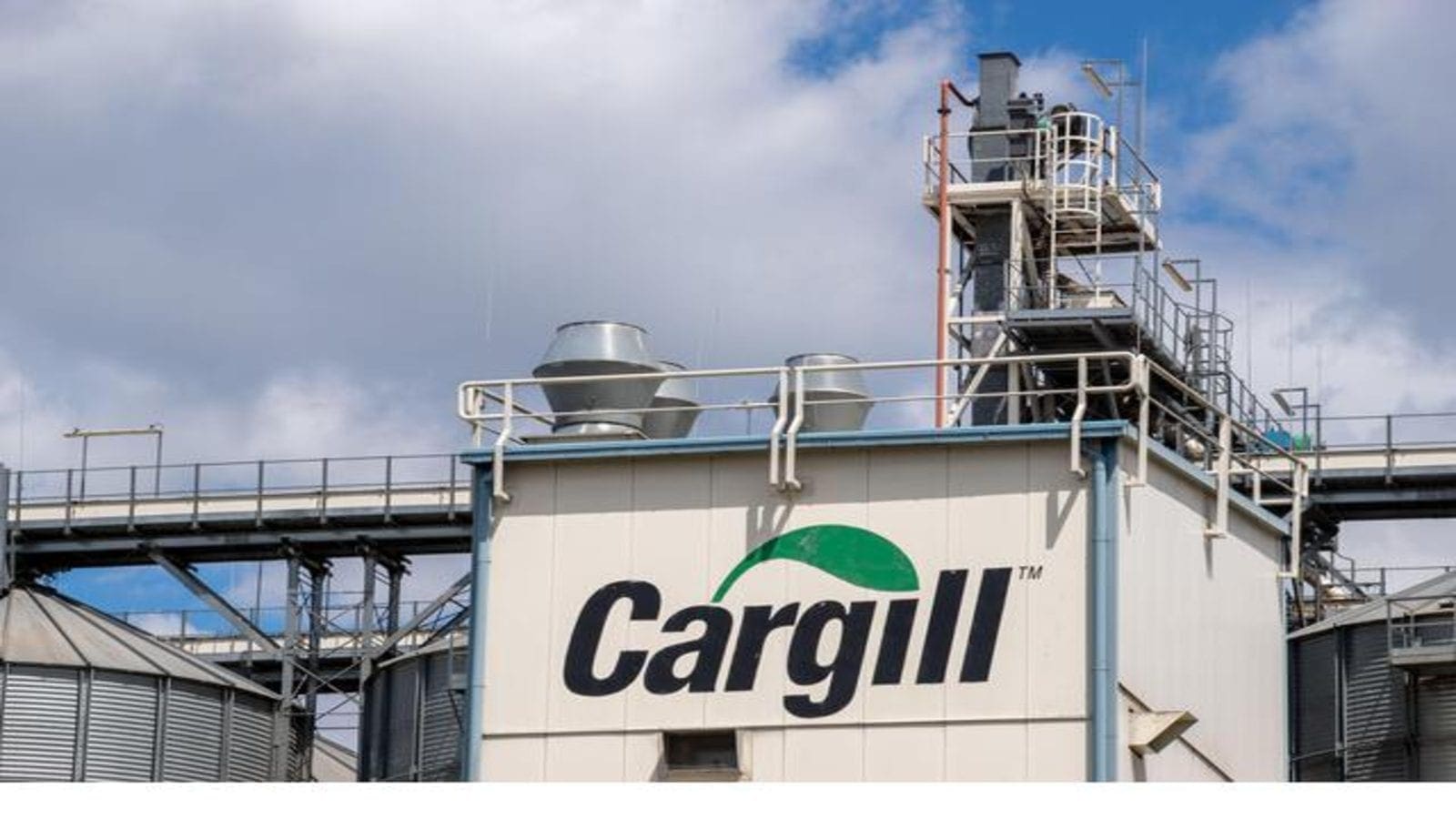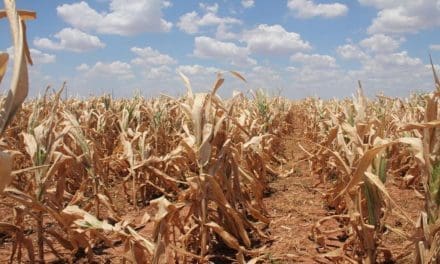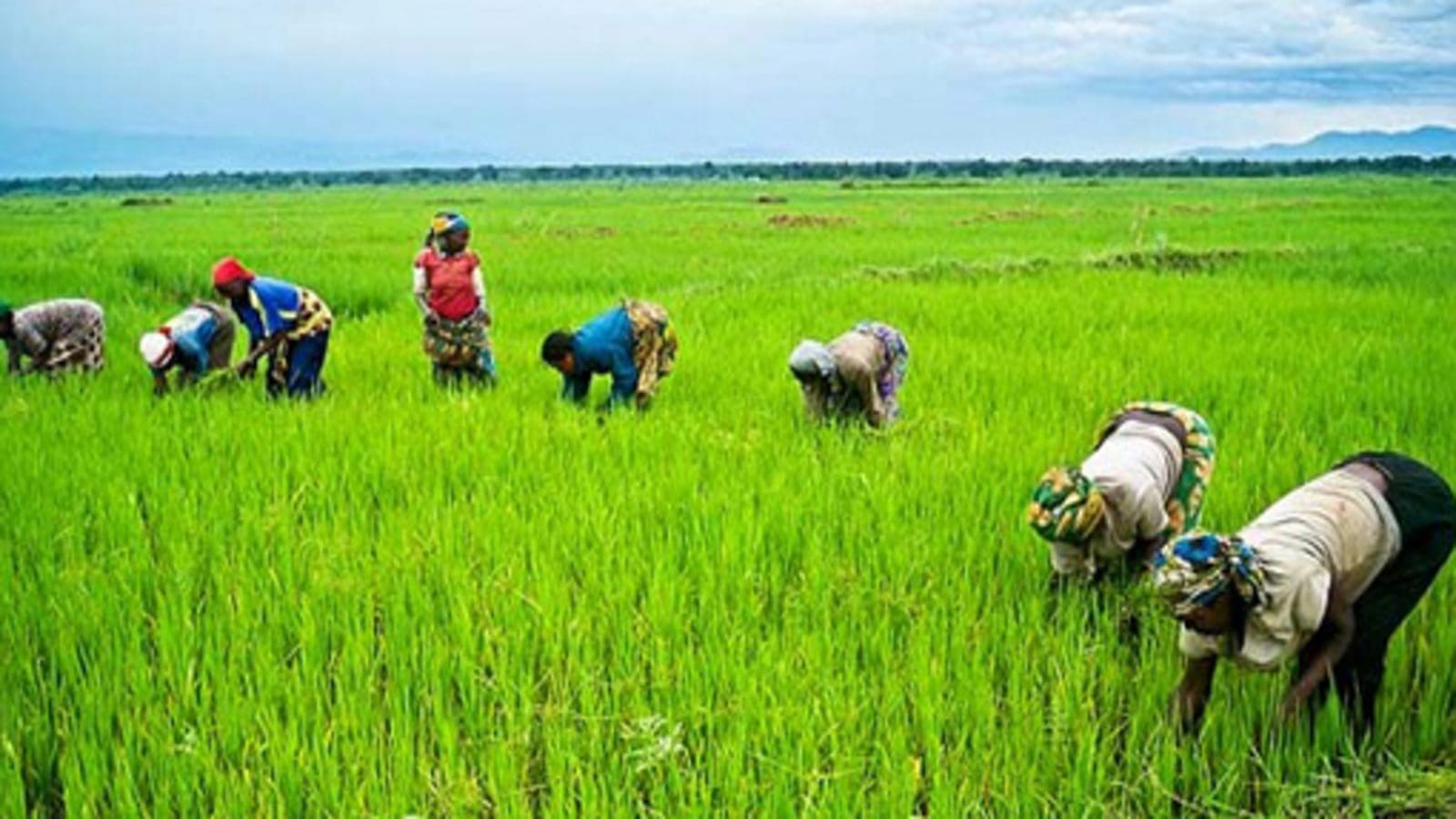KENYA- Global commodity trader Cargill is seeking certification as a warehouse receipt operator, becoming the first foreign multinational to put in the request after the Kenyan Parliament passed the Warehouse Receipt System (WRS) Act.
Through the Ministry of Trade, the government of Kenya recently partnered with the International Finance Corporation (IFC) and the Kingdom of the Netherlands to launch a warehouse receipt system project aimed at reducing post-harvest losses in the country.
The signed agreement between the International Finance Corporation (IFC) and the Trade Ministry involves a US$2.3 million (Sh304.8 million) funding scheme to mobilize private sector investment in the Warehouse Receipt System (WRS).
According to Business Daily Africa, WRSC chairperson Jane Ngige revealed that Cargill has applied with the Board of Trustees of the Certified Warehouse System (WRS) to set up agricultural commodity bonded warehouses.
“Since the IFC announcement, we have seen a lot of interest coming up, especially from India. Cargill is one of the firms whose application is being processed,” said Jane Ngige.
This investment aligns with Cargill’s goal to nourish the world safely, responsibly, and sustainably.
The investment comes at a time when Kenya has been experiencing an acute maize shortage due to drought and disruption of global grain supply chains by geopolitical issues.
According to the Ministry of Agriculture, Kenya needs about 12 million bags of maize annually to close the consumption needs gap that has been widening over the past years of declined maize harvests.
While there is an acute maize shortage in the country, a lot more maize falls to poor post-harvest grain handling, worsening an already precarious situation. Data from the Ministry of Agriculture provides that the country loses approximately 30% of its crop this way.
Additionally, farmers usually have to sell their commodities at low prices immediately after harvest due to a lack of proper storage facilities.
Under the warehouse receipting system, farmers can deposit their products in certified warehouses, and receive a receipt that they can use to access credit as they await the sale of their produce at a favorable time and price.
Moreover, the certified warehouses are instrumental in ensuring the quality of the grain stored at the warehouses is at par with industry standards.
This will, in turn, attract large-volume buyers who often offer better prices than buyers at local markets due to the quality and quantity of products guaranteed by certified warehouses.
A recent report by the USDA predicts that maize production will increase in the 2023/24 market year to 3.2 million tonnes, up from a previous estimate of 2.9 million tonnes in 2022-23, as farmers respond to high crop prices by planting more.
For all the latest grains industry news from Africa, the Middle East and the World, subscribe to our weekly NEWSLETTERS, follow us on LinkedIn and subscribe to our YouTube channel










